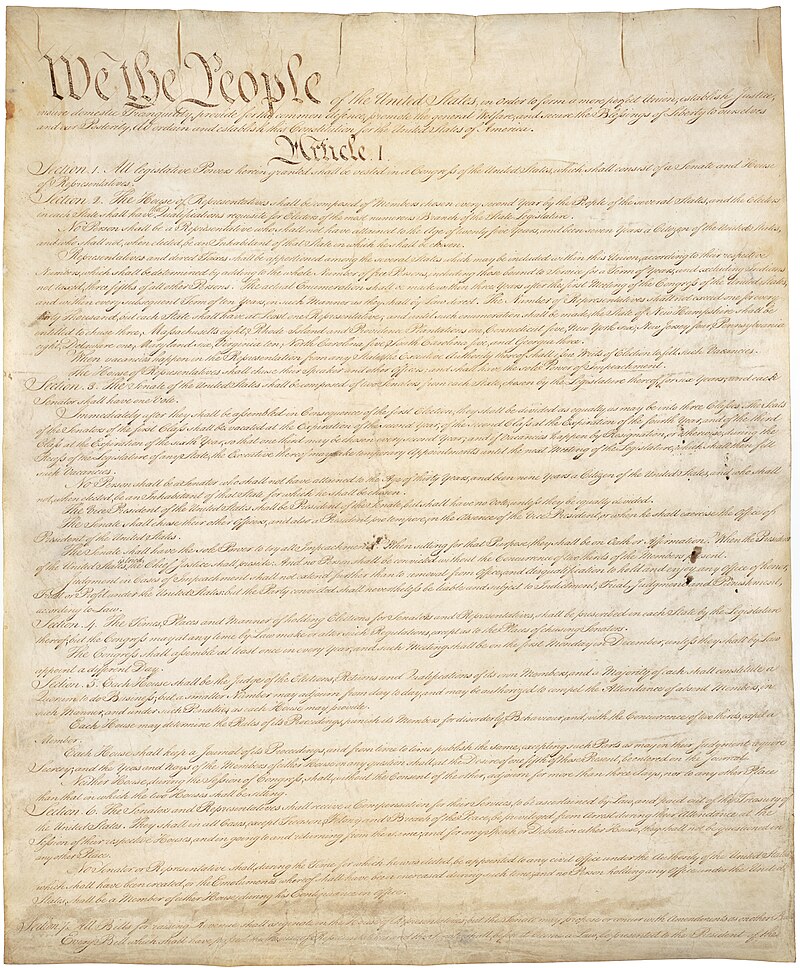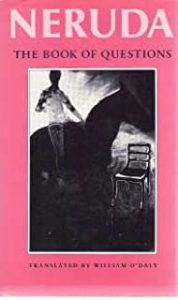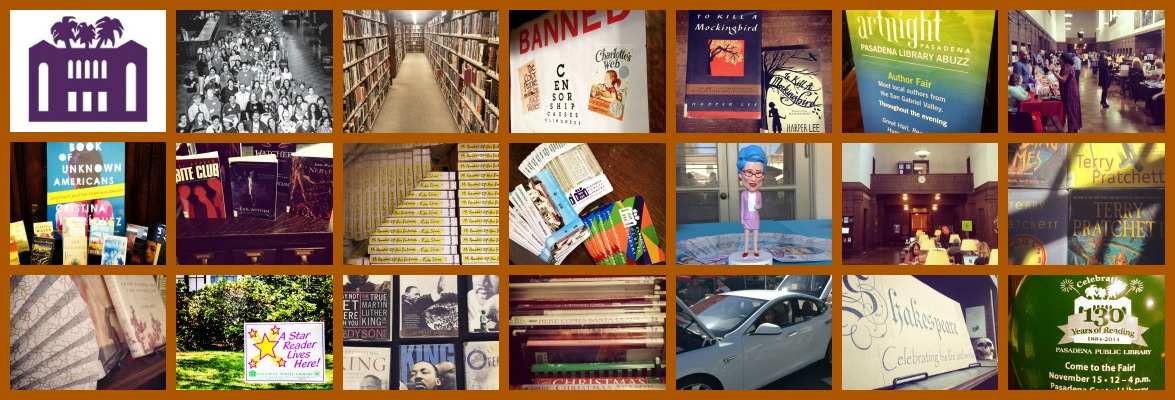We’ve had a challenging week with Wednesday’s turmoil in Washington, DC. You may be the kind of person who is glued to your favorite news source, bleary-eyed and breathless with every new fragment. You may be someone who turns it all off for a moment’s peace, and turns to mediation, or music, or a walk outside in our enviable January climate. Either way, we are here with ways to inform, entertain, and hopefully ease your stress.
Below, find titles to help, whichever way you manage best. Be safe, stay well, and hold on to your peace and purpose.
Information: World and historic political perspectives
Inspired by a list of books on politics and political discourse from Book Riot, consider these titles to ground you in the history and evolution of political systems and thought.
 The Consitution of the United States
The Consitution of the United States
We of course offer books with the text of the Constitution, as well as books about the Constitution in the Library, but it seems most appropriate to link to the Constitution via the National Archives–read it and read about it where the original document is preserved. As much or more than any other book or document that is purchased by the Library and shared by all the Library community, this is well and truly a document that belongs to all of us.
Long Walk to Freedom by Nelson Mandela
Nelson Mandela was one of the great moral and political leaders of our time: an international hero whose lifelong dedication to the fight against racial oppression in South Africa won him the Nobel Peace Prize and the presidency of his country….The foster son of a Thembu chief, Mandela was raised in the traditional, tribal culture of his ancestors, but at an early age learned the modern, inescapable reality of what came to be called apartheid, one of the most powerful and effective systems of oppression ever conceived. In classically elegant and engrossing prose, he tells of his early years as an impoverished student and law clerk in Johannesburg, of his slow political awakening, and of his pivotal role in the rebirth of a stagnant ANC and the formation of its Youth League in the 1950s. He describes the struggle to reconcile his political activity with his devotion to his family, the anguished breakup of his first marriage, and the painful separations from his children. He brings vividly to life the escalating political warfare in the fifties between the ANC and the government, culminating in his dramatic escapades as an underground leader and the notorious Rivonia Trial of 1964, at which he was sentenced to life imprisonment. Herecounts the surprisingly eventful twenty-seven years in prison and the complex, delicate negotiations that led both to his freedom and to the beginning of the end of apartheid.
 The Republic by Plato
The Republic by Plato
[T]his translation of one of the great works of Western political thought is based on the assumption that when Plato chose the dialogue form for his writing, he intended these dialogues to sound like conversations – although conversations of a philosophical sort. In addition to a vivid, dignified and accurate rendition of Plato’s text, the student and general reader will find many aids to comprehension in this volume: an introduction that assesses the cultural background to the Republic, its place within political philosophy, and its general argument; succinct notes in the body of the text; an analytical summary of the work’s content; a full glossary of proper names; a chronology of important events; and a guide to further reading. The result is an accomplished and accessible edition of this seminal work, suitable for philosophers and classicists as well as historians of political thought at all levels. (A variety of editions, translations, and formats are also available from the Library.)
 The Social Contract by Jean-Jacques Rousseau
The Social Contract by Jean-Jacques Rousseau
Originally published in 1762, “The Social Contract” is Jean-Jacques Rousseau’s treatise on how to best organize politics in the face of commercial society. Rousseau writes, “Man is born free; and everywhere he is in chains.” This statement exemplifies the main dilemma of government, that despite mankind having an inherent natural right to freedom, modern, especially autocratic, governments had gone too far in restricting it. The question which Rousseau is asking within this work is whether or not there can be a legitimate political authority, for as he observed, those of his time seemed to put mankind worse off than they were living by the state of nature which existed before civilization. Arguing against the concept of divine right, Rousseau asserts that true sovereignty exists only amongst the people as a whole. By a mutual agreement to a universal social contract mankind can be free equally as each and everyone agrees collectively to how their rights may be abridged and what societal duty may be placed upon them. The ideas of the “The Social Contract” form the basis for all modern democracies, making it one of the most influential political treatises ever written.
 A Vindication of the Rights of Women by Mary Wollstonecraft
A Vindication of the Rights of Women by Mary Wollstonecraft
“Published in 1792, this is one of the first feminist political texts. Wollstonecraft simply argues that women are deserving of the same fundamental rights as men. She specifically argues that women have a right to be educated, and makes the case by reasoning that as the the moral compasses for society, and the people responsible for raising future generations, it was logical for women to be properly educated. The context of her writing about freedom and rights is significant, because this text was published during the French Revolution. Because of the sentiment of “liberté, égalité, fraternité” that was in the air during the time of the revolution, this message of women’s equality was actually generally well-received in its time. Unfortunately, it wasn’t acted on politically, but the text became a foundational work for later suffragette and feminist movements to come.” — Emily Stochl, Book Riot
Entertainment: Lose yourself in a book, and find some peace
Inspired by a list of books from Bustle to “help you find some inner peace,” these titles include fiction, a couple of nonfiction titles our and some poetry. Find your quiet, your meaning, or a moment of still ness in one of these selections.
 Tattoos On the Heart: The Power of Boundless Compassion by Gregory Boyle
Tattoos On the Heart: The Power of Boundless Compassion by Gregory Boyle
Father Gregory Boyle’s sparkling parables about kinship and the sacredness of life are drawn from twenty years working with gangs in LA.
How do you fight despair and learn to meet the world with a loving heart? How do you overcome shame? Stay faithful in spite of failure? No matter where people live or what their circumstances may be, everyone needs boundless, restorative love. Gorgeous and uplifting, Tattoos on the Heart amply demonstrates the impact unconditional love can have on your life.
Tattoos On the Heart is the 2021 One City, One Story selection for March. Father Greg will appear for a virtual conversation at Pasadena Public Library on March 14, 2021 Visit our guide for more information and updates.
The Alchemist by Paulo Coelho
A special 25th anniversary edition of the extraordinary international bestseller, including a new Foreword by Paulo Coelho.
Combining magic, mysticism, wisdom and wonder into an inspiring tale of self-discovery, The Alchemist has become a modern classic, selling millions of copies around the world and transforming the lives of countless readers across generations.
Paulo Coelho’s masterpiece tells the mystical story of Santiago, an Andalusian shepherd boy who yearns to travel in search of a worldly treasure. His quest will lead him to riches far different–and far more satisfying–than he ever imagined. Santiago’s journey teaches us about the essential wisdom of listening to our hearts, of recognizing opportunity and learning to read the omens strewn along life’s path, and, most importantly, to follow our dreams.
Leave Only Footprints: My Acadia-to-Zion Journey Through Every National Park by Conor Knighton
When Conor Knighton set off to explore America’s “best idea,” he worried the whole thing could end up being his worst idea. A broken engagement and a broken heart had left him longing for a change of scenery, but the plan he’d cooked up in response had gone a bit overboard in that department: Over the course of a single year, Knighton would visit every national park in the country, from Acadia to Zion.
In Leave Only Footprints, Knighton shares informative and entertaining dispatches from what turned out to be the road trip of a lifetime. Whether he’s waking up early for a naked scrub in a historic bathhouse in Arkansas or staying up late to stargaze along our loneliest highway in Nevada, Knighton weaves together the type of stories you’re not likely to find in any guidebook. Through his unique lens, America the Beautiful becomes America the Captivating, the Hilarious, and the Inspiring. Along the way, he identifies the threads that tie these wildly different places together–and that tie us to nature–and reveals how his trip ended up changing his views on everything from God and love to politics and technology.
Filled with fascinating tidbits about our parks’ past and reflections on their fragile future, this book is both a celebration of and a passionate case for the natural wonders that all Americans share. Leave Only Footprints is the 2021 One City, One Story Summer selection. Visit our guide for more information and updates.
 The Book of Questions by Pablo Neruda
The Book of Questions by Pablo Neruda
Pablo Neruda is one of the world’s most popular poets, and in The Book of Questions, Neruda refuses to be corralled by the rational mind. Composed of 316 unanswerable questions, these poems integrate the wonder of a child with the experiences of an adult. By turns Orphic, comic, surreal, and poignant, Neruda’s questions lead the reader beyond reason into realms of intuition and pure imagination.
This complete translation of Pablo Neruda’s El libro de las preguntas (The Book of Questions) features Neruda’s original Spanish-language poems alongside William O’Daly’s English translations. In his introduction O’Daly, who has translated eight volumes of Pablo Neruda’s poetry, writes, “These poems, more so than any of Neruda’s other work, remind us that living in a state of visionary surrender to the elemental questions, free of the quiet desperation of clinging too tightly to answers, may be our greatest act of faith.”
When Neruda died in 1973,The Book of Questions was one of eight unpublished poetry manuscripts that lay on his desk. In it, Neruda achieves a deeper vulnerability and vision than in his earlier work-and this unique book is a testament to everything that made Neruda an artist.
The Housekeeper and the Professor by Yoko Ogawa
A lovely, lyrical, quietly intriguing novel about a housekeeper (a single mother of a young boy) and the man she goes to work for (a retired math professor). The professor is a great mathematician, retired many years before because of a car accident which irreparably damaged his brain and made it impossible for him to teach or do much of anything to take care of himself. Hence the necessity for a housekeeper. This housekeeper (who never finished high school), her son, and the professor develop a beautiful loving relationship to one another, and that relationship is expressed and navigated via numbers, mathematical principles and philosophies. A beautiful and eloquent novel that is a rumination on memory, family, understanding, and connection.
